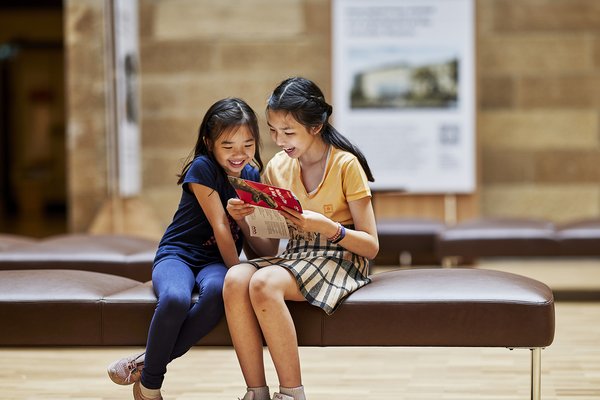Visitors' Interest in Science
This post summarises a number of studies that have looked at visitors' interest in science at museums.
This post summarises a number of studies that have looked at visitors' interest in science. It is not a complete reference set: there is a huge literature on the public understandings of science, but probably less so on their interest and excitement over it, which is what these studies explored.
- Little understanding/awareness that scientific research happens at museums
- Natural history is an area of interest: that is, an interest in nature/wildlife documentaries on TV more so than active interest in anthropology or paleontology
- Interested in the scientists' personal stories: how did they get interested? What turns them on?
- Interest in what scientists actually do and how they do it
- Need to have the human factor – people to talk to about their research
- Show real life images: scientists getting down and getting dirty
- See scientists as real people doing stuff, not locked away in a lab
- Important for children to have role models and to see that they can make a difference
- Need to make it relevant to the person (visitor): how does it affect me?
- Need to be taken from familiar to unfamiliar concepts (constructivist learning approach)
- People imagine that providing ‘scientific’ information will be boring, and text-based
- Need to explain in clear, but not overly complex ways, the whole discovery and recreation process through using diagrammatic and visual representations – text is important but should not be main method for communication
- Negative aspects of science include its associations with laboratories and experiments; technological advancement which holds little interest for many people; school and thought to be too complex
- While science and scientific methods were not of particular interest, how science has helped us to understand history was
- Beauty of nature and conserving it can be a hook
- Encouraging and stimulating childrens' interest in science seen as very important by parents
How does this relate to science at your museum?









